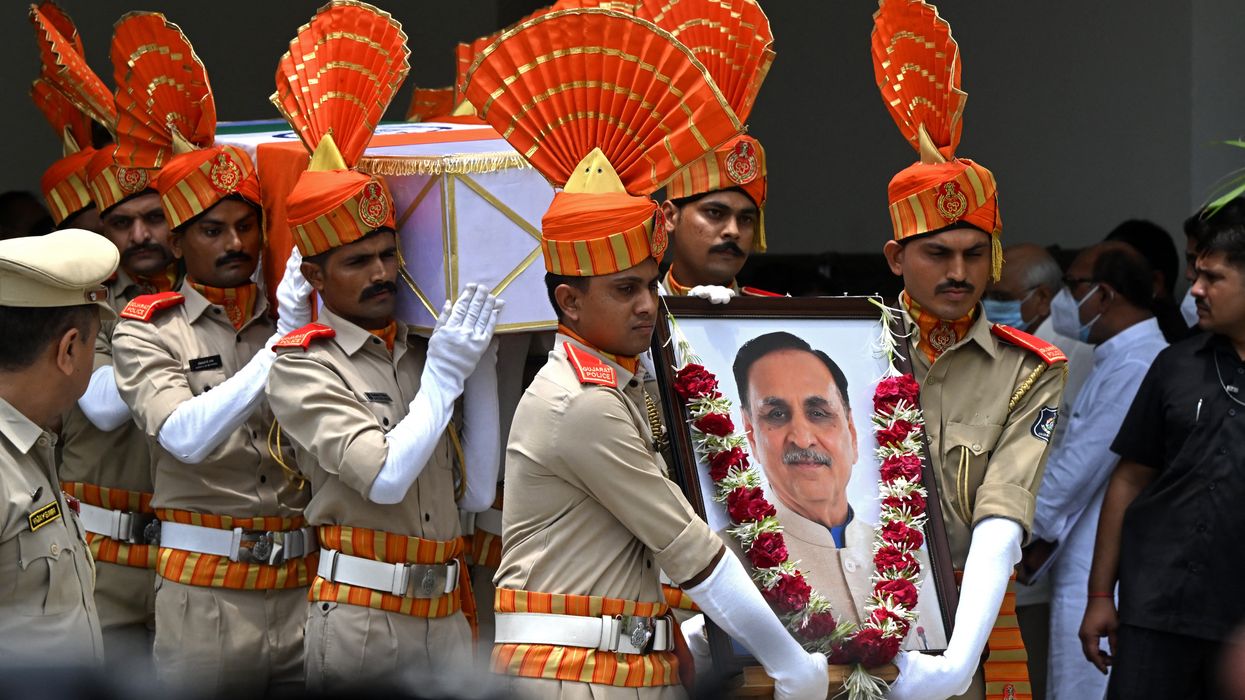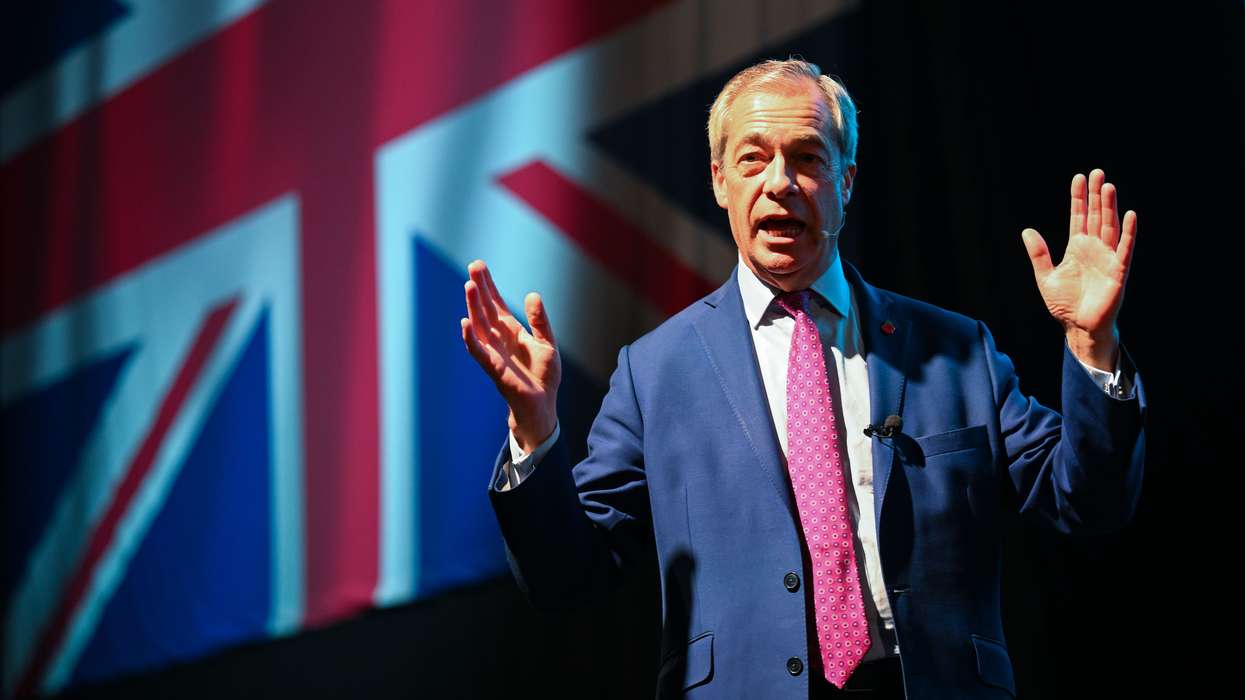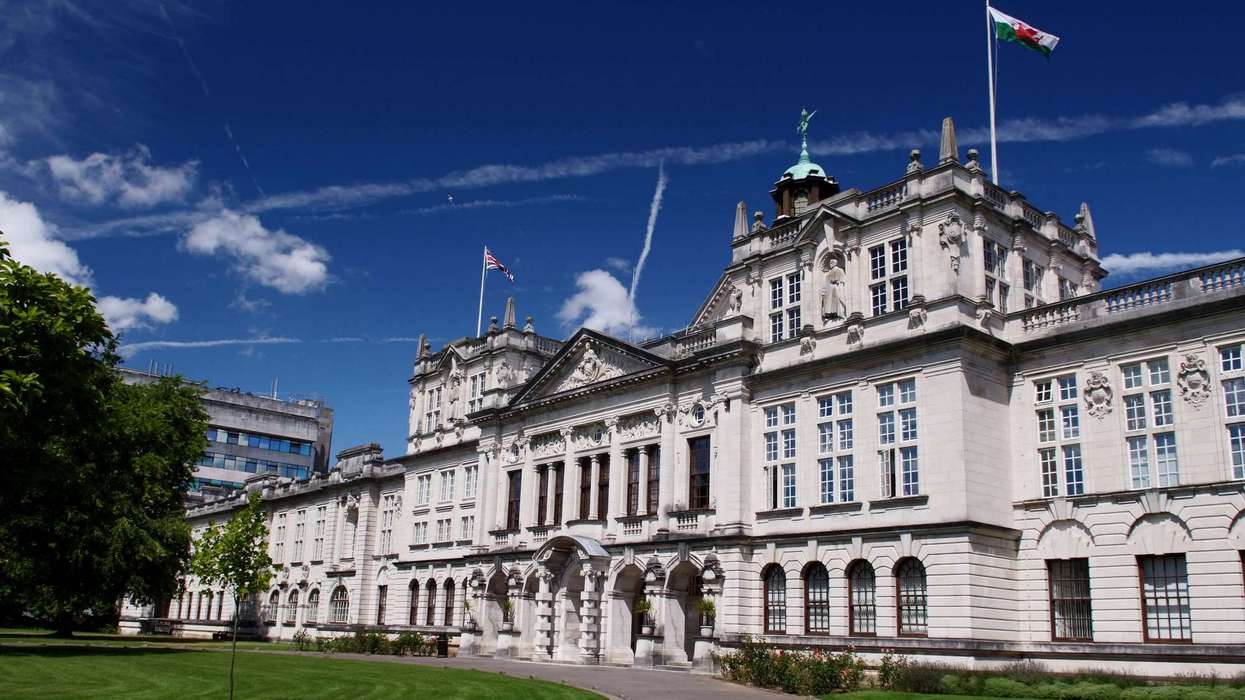INDIAN health officials have begun returning bodies to families after the Air India crash in Ahmedabad that killed 270 people, but most relatives were still waiting for confirmation through DNA testing as of Monday.
Of the 279 total deaths, including casualties on the ground, 87 DNA samples have been matched and 47 bodies handed over, according to officials. The Boeing 787-8 Dreamliner had 242 people on board when it crashed on June 12 shortly after takeoff from Ahmedabad for London, killing 241 of them. Another 29 people died on the ground, including five medical students.
“They said it would take 48 hours. But it's been four days and we haven't received any response,” Rinal Christian, 23, whose elder brother was a passenger on the jetliner, told AFP. “My brother was the sole breadwinner of the family. So what happens next?”
Authorities said victims were from different districts of Gujarat including Bharuch, Anand, Junagadh, Bhavnagar, Vadodara, Kheda, Mehsana, Arvalli and Ahmedabad.
ALSO READ: British Indians hold vigil for Air India crash victims
Mourning and funerals begin
Several families have begun holding funerals. In Anand district, crowds gathered for the procession of 24-year-old passenger Kinal Mistry. Her father Suresh Mistry said she had delayed her travel, adding, “She would have been alive” if she had taken her original flight.
In Ahmedabad, the funeral of former Gujarat chief minister Vijay Rupani was held with full state honours. His body was identified through DNA testing, and a day of state mourning was declared in Gujarat on Monday. His remains were taken to his hometown Rajkot, where chief minister Bhupendra Patel met the family.
“The DNA sample of former Gujarat chief minister Vijay Rupani matched at 11.10 am,” said India's minister of state for home Harsh Sanghvi.
Among the British nationals, 42-year-old Elcina Alpesh Makwana became the first to be identified and her remains returned. Her funeral was held in Vadodara. Her husband and two children, aged seven and 11, attended a Roman Catholic service.
Air India said the passengers included 169 Indians, 53 British nationals, seven Portuguese and one Canadian. There were 12 crew members on board.
ALSO READ: Air India crash: Victims remembered during King Charles's birthday parade
Search for answers continues
Investigators are working to determine the cause of the crash. The aircraft went down shortly after takeoff, crashing into a medical college complex and bursting into flames. At least 38 people were killed on the ground.
Witnesses reported seeing badly burnt bodies and scattered remains. An AFP photographer saw dozens of workers in yellow hard hats clearing debris from the site.
“This is a meticulous and slow process, so it has to be done meticulously only,” said Dr Rajnish Patel of Ahmedabad’s civil hospital.
One survivor, British citizen Vishwash Kumar Ramesh, was pulled from the wreckage. His brother was also on the flight.
Another person, Bhoomi Chauhan, said she survived after missing the flight. “The airline staff had already closed the check-in,” she told PTI. “If only we had left a little earlier, we wouldn’t have missed our flight.”
Black box recovery and aircraft inspections
Authorities announced on Sunday that the cockpit voice recorder — the second black box — had been recovered, offering potential insight into the crash. India's aviation minister Ram Mohan Naidu Kinjarapu said Saturday that decoding the flight data recorder should “give an in-depth insight” into the circumstances.
Indian authorities have not yet identified the cause and have ordered inspections of other Dreamliner aircraft in Air India's fleet.
One of Air India’s Dreamliners returned to Hong Kong airport on Monday after the crew “requested local standby” shortly after takeoff, the Airport Authority Hong Kong told AFP.
Imtiyaz Ali, who is still waiting for a DNA match for his brother, said the airline had not acted quickly enough.
“I’m disappointed in them. It is their duty,” he said. “Next step is to find out the reason for this accident. We need to know.”
(With inputs from agencies)





